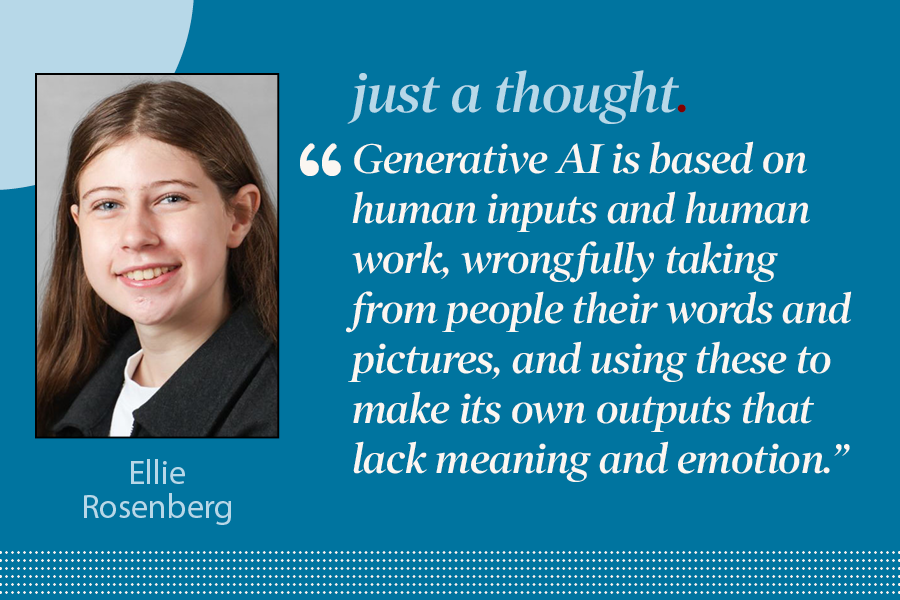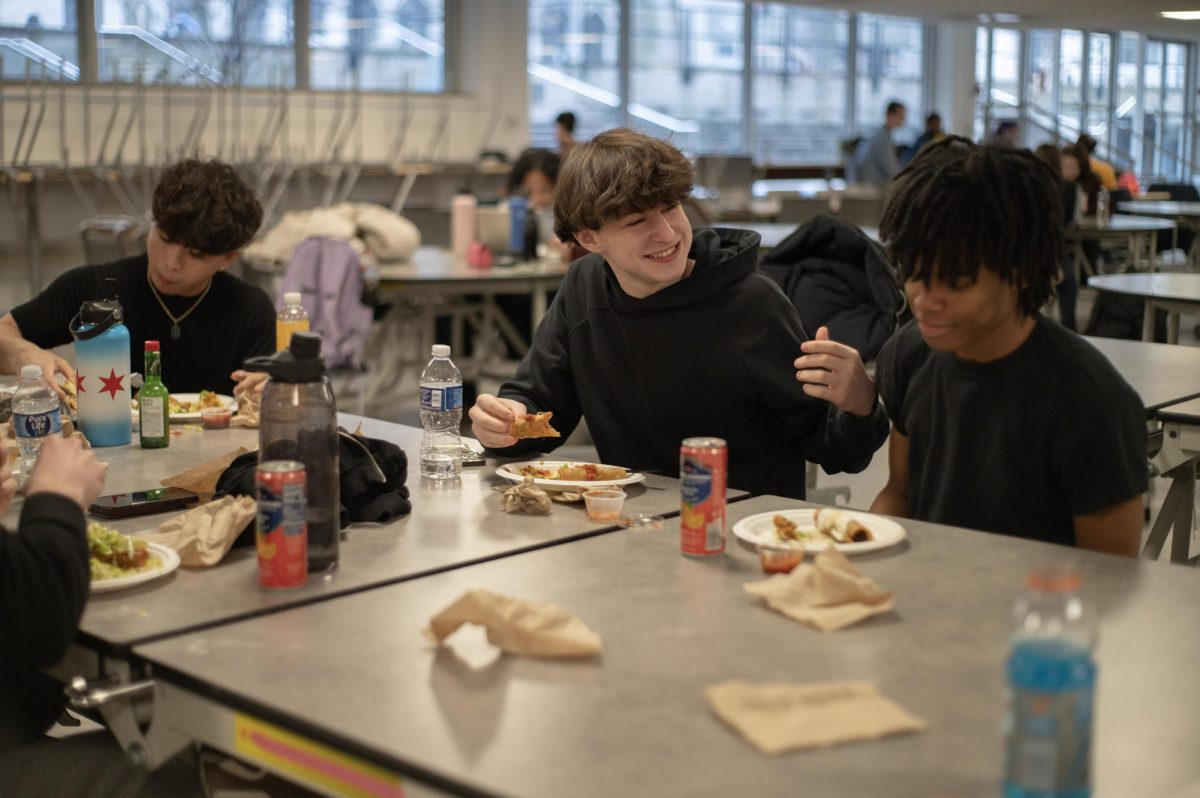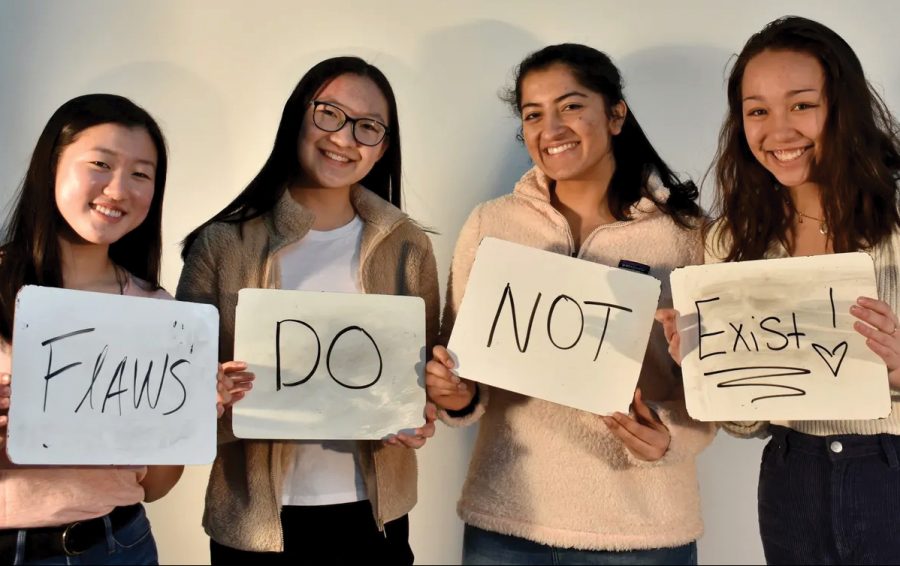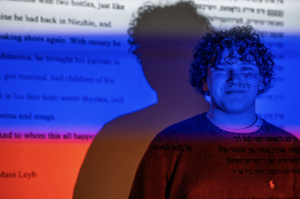Website promotes body positivity
Taken from thebodypositivity.com
One of the photos on Alexis’ website, thebodypositivity.com. Her website helps teenagers move through the recovery stage of anorexia nervosa by sharing stories of other students.
April 23, 2019
An estimated 30 million Americans suffer from anorexia nervosa, the most fatal mental illness. Usually, the disorder manifests at puberty, when children and teens are the most emotionally vulnerable.
That’s what sophomore Alexis Chia is working to combat, one story at a time. In fall 2018, Alexis created a nonprofit and website, thebodypositivity.com, to feature and connect teens dealing with insecurity and anorexia.
Alexis said she struggled with anorexia during her freshman year, and became familiar with the recovery process, which is one of the main focuses of her website.
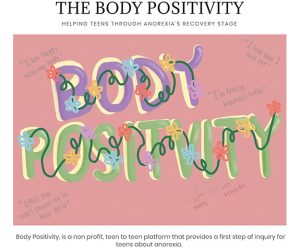
“I’ve been to clinics before, so I just have met other people with that specific experience,” she said. “I really wanted to empower specifically girls because of social media nowadays always influencing how we look at our bodies.”
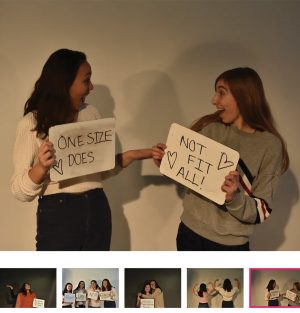
Since her recovery, Alexis has wanted to create something to help others. Originally, she wanted to start a club, but didn’t take action until she started working with an entrepreneurship organization to advance her nonprofit and and design its website.
“I want my website to be just a platform where teens feel comfortable to talk to one another about these issues, because the problem I felt when I was going through the clinic was that adults would just tell me what to do and not really explain anything,” she said.
Another of Alexis’ goals is to provide resources — like hotlines, advice and information about recovery — to teens who might be underprivileged, or just looking for a helping hand.
As of mid-March, thebodypositivity.com had about 5,000 page visits, about 30 to 50 each day, Alexis said.
The website features stories of those who have struggled with eating disorders and body-confidence issues, as well as Alexis’ advice and medical information about the recovery process. Although the project is in its early stages, its progress is steady, and Alexis said it has taught her about business and finding her audience.
“I’ve been working about two, three hours on it daily,” Alexis said, “adding new articles, changing the design, how to improve the website to my consumer and how to draw them in. I’ve learned through the process that you really need to target who your consumer is, because there are a bunch of sources that kids with anorexia could go through.”
While Alexis may be better at dealing in the business and management world now, she said her project isn’t about personal gain. While she wants to make her organization national eventually and plans to speak around Chicago later this year, she keeps her motivation and empathy in mind.
“It’s not to gain anything fiscally, but more to just provide a support for teens,” she said. “I hope to reach out to a bunch of teens who are going through this who’ve felt lonely like I did when I was going through it.”
















